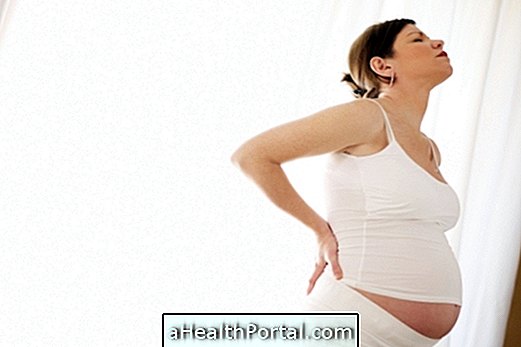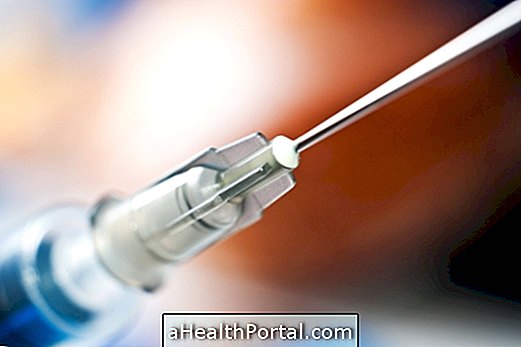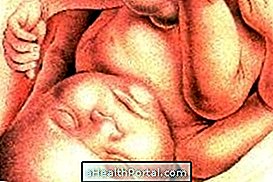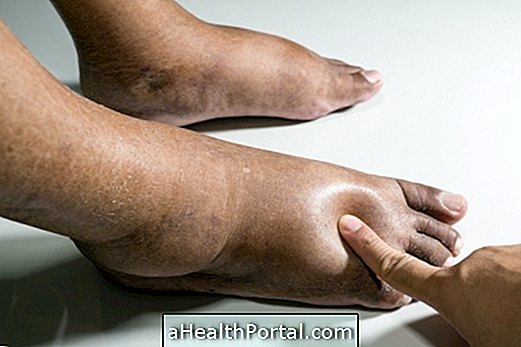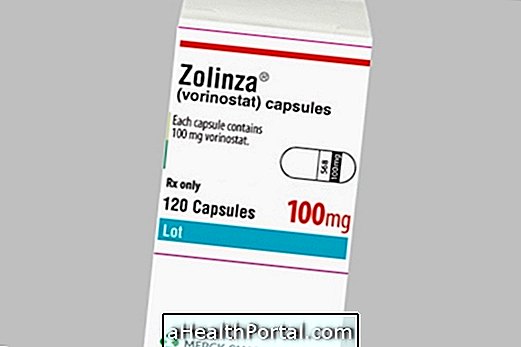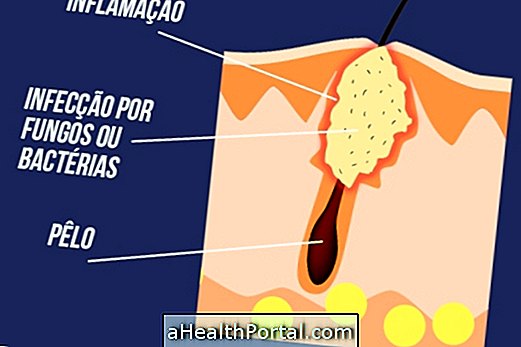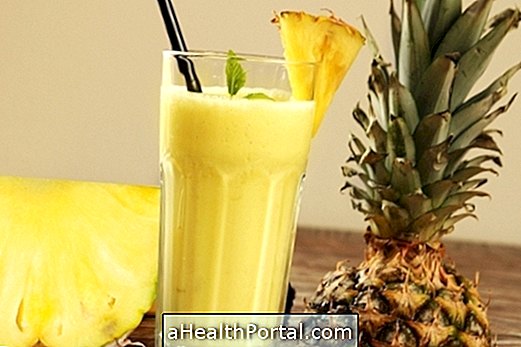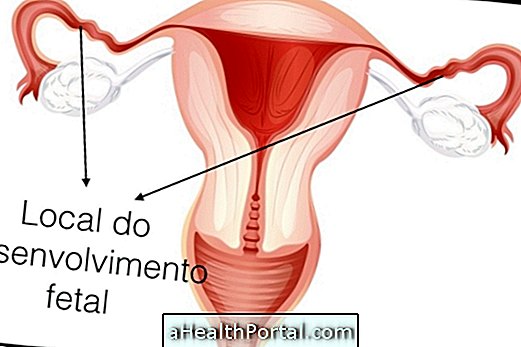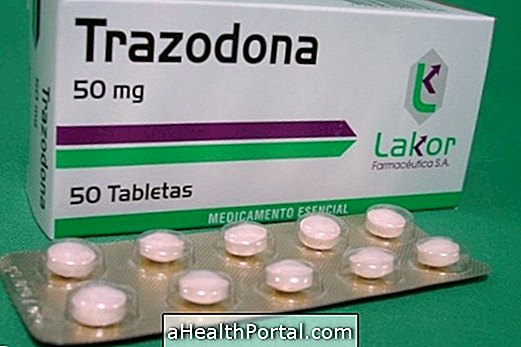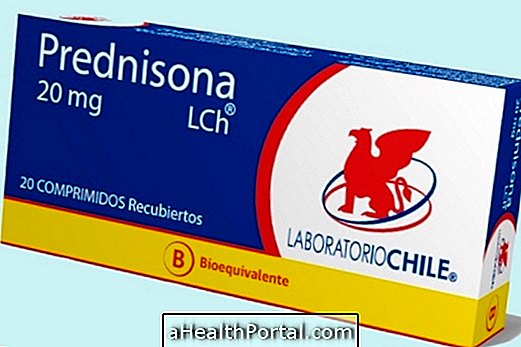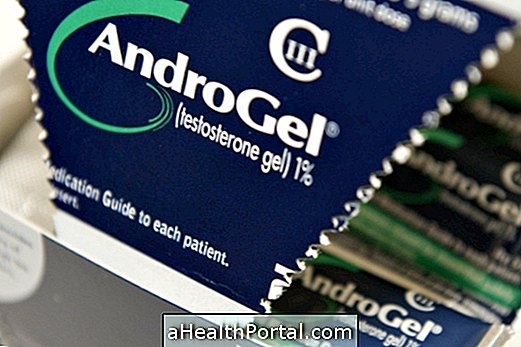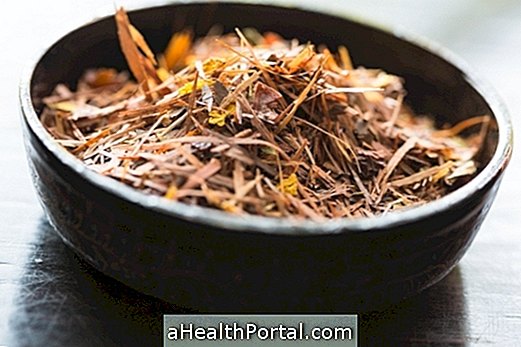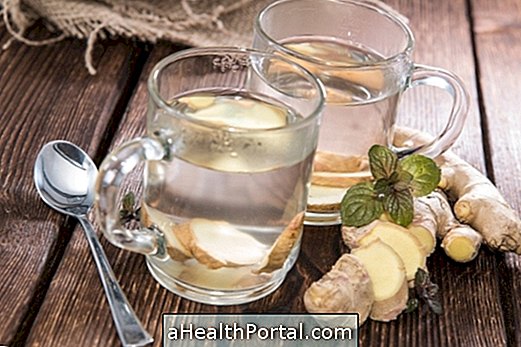The use of vitamin C and E supplements is contraindicated in high-risk pregnancies when the pregnant woman has problems such as pre-eclampsia, high blood pressure, kidney problems, diabetes, and clotting difficulties.
This is because excessive use of these supplements is linked to an increased risk of developing pre-eclampsia with more severe symptoms, premature delivery and low birth weight, and may cause gastric discomfort, pain, and increased nausea in the woman. See which vitamins are recommended for pregnant women.
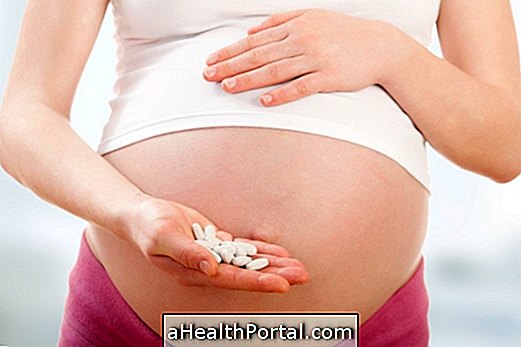
The Effects of Vitamin C
Excessive use of vitamin C supplements can cause problems in pregnancy such as increased risk of preterm delivery and the birth of babies with scurvy, a disease resulting from vitamin C deficiency in the body.
Diseases of Vitamin E
Excess vitamin E during pregnancy favors the appearance of changes in the pregnant woman's immune system, causing her body to attack the baby as a foreign body, rather than protecting it.
It can also cause changes in the placenta, causing the baby to receive less nutrients and be born with a weight below the ideal. In addition, it is believed that these babies are more likely to develop future diseases such as asthma and eczema.
How to use supplements safely
Pregnancy supplements should only be used as directed by your doctor or dietitian, and it is important to follow the recommended doses and frequency of use of the supplement.
Pregnancy-specific supplements have the right amounts of nutrients, so you do not need to use more supplements to get the most benefit, as excess vitamins and minerals can also be harmful to your body.
In addition, eating a balanced diet rich in fruits and vegetables already brings the nutrients needed for a healthy pregnancy, and vitamins C and E can easily be found in foods such as orange, tangerine, pineapple, kiwi, sunflower seed and peanuts .
See where to find in foods vitamin C and vitamin E to consume them naturally and without health risks.
